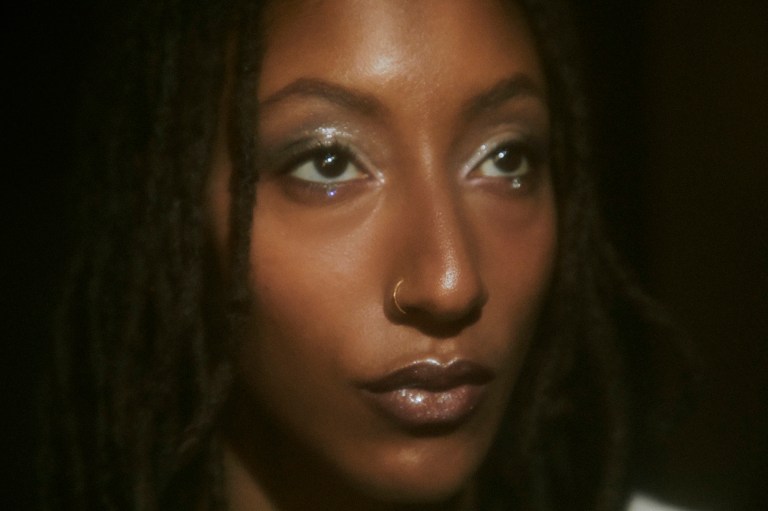
5 Signs You’re An INFJ (The Rarest, Most Dangerous Myers-Briggs Personality Type)
The five secrets of the INFJ, the rarest and most dangerous Myers-Briggs personality type.
Although the Myers-Briggs personality type indicator test has come under scrutiny over the years, psychologists who have actually looked more critically into the criticism conclude that it is not any less reliable or valid than any other personality test. The rarest personality type is INFJ (standing for Introversion, Intuition, Feeling, Judging) and is estimated to make up 1-2% of the population. Here are five signs you’re an INFJ, the rarest and most dangerous personality type.
You stand up for what is right — not necessarily what is popular.
INFJs are often known as the popular loners or the extroverted introverts. That is because they exude a warm, empathic, and personable presence that draws others to them. However, they tend to keep to themselves because not only do they need time to recharge on their own, they have a strong sense of integrity that often doesn’t always mesh well with the popular opinions, behaviors, and attitudes of society. They’re not afraid to stand on their own if it means standing up for what is fair, just, and right, and they will call people out no matter who they are. Sometimes their pursuit of justice can lead them to stage revolutions that leads to profound societal change or, if an unhealthy INFJ gets too obsessed with their high moral standards, dangerous waters that get them into trouble.
Many underestimate you, including narcissistic people who gravitate toward you. No one ever sees you coming, and you’re a master of slow-burn “revenge.”
INFJs tend to be natural targets for manipulators and narcissists who appear to present them an ideal relationship with a hidden agenda. Due to their more outwardly reserved yet idealistic and demure nature, people tend to underestimate INFJs as innocent sweet lambs who would never retaliate or take an eye for an eye. But this is to their detriment, and a smart narcissist knows from experience to steer clear of this personality type even though they love to target them for potential manipulation (until they learn better, that is). An INFJ often plots strategically behind the scenes on how to regain their strength after a seeming downfall. They will always get you back in some form or the other, no matter how much you think they’ve forgotten, making for a slow burn revenge for the ages because they’re in it for the long haul. It would be best not to cross them in the first place. Yet most of the time, their “revenge” tends to be productive, not destructive. The INFJ is the definition of the phrase, “success is the best revenge.” They are usually the ones who have the biggest comeback after a seemingly insurmountable setback. They will glow up the hardest, becoming the richest, most beautiful, most successful version of themselves to put their enemies and naysayers to shame. This is what makes them particularly dangerous to con artists and predators who seek to prey on them. They can harness personal attacks staged upon them strategically and channel these obstacles into their own personal power. Try to sabotage them, and they will use these attempts as a way to level up and surpass you.
You always shoot for the ideal, and get disappointed when others fall short of your expectations.
INFJs are always in pursuit of the perfect relationship, the dream job or career, or the most thriving lifestyle. They have romantic and idealistic notions of what their life could be. These high standards can make them master manifesters of abundance, but it can also make them overly perfectionistic and goal-oriented, at times too fixated on achieving an ideal rather than taking care of themselves. It also makes them susceptible to love-bombing by manipulators as they can mistake such tactics as finally finding “the one.” They must learn to balance their ambition with self-care, and ensure they don’t wear rose-colored glasses when looking at red flag relationships they deeply want to be the ideal.
You are multifaceted to a bizarre degree and are the jack of all trades.
An INFJ’s dangerous unpredictability also stems from the fact that there is rarely anything they can’t do or learn. They tend to pick up on different skills, hobbies, interests, and facets of knowledge with exquisite quickness, developing an expertise in many different realms and exhibiting talents across the board in many diverse fields. They are the scientific artists, the intellectual party animals, the scholarly comedians of the Myers-Briggs world — a hybrid of many contradictory characteristics. People who try to pigeon-hole an INFJ will be alarmed to learn that they cannot box this person into one label. You cannot predict what they will do next or what they are truly capable of. Their ingenuity, creativity, and spontaneity can make them particularly infuriating to manipulators who think they know what their next move will be.
You are a whistleblower.
The reason INFJs are so dangerous is that they are often the whistleblowers who unmask the false personas of corrupt people and institutions because they intuitively understand the complexities and nuances of every situation. They are not afraid to blow the whistle on those who exploit others. Intuitive and discerning, the INFJ can see through the veil and viscerally understand the motives of toxic people and wolves in sheep’s clothing. That is one of the reasons they keep to themselves so often — they see who people really are, not who they pretend to be. The problem is, INFJs are so often emotionally invalidated and gaslit by others from a young age that they start to detach from the strong intuition that alerts them to the red flags of toxic people, so they gaslight themselves in an attempt to fit in. For an INFJ to own their true power, they must learn to trust themselves. Their heightened intuition is a gift and they must use it wisely and to their advantage. The truth is, their power and skill sets can lead to the destruction of toxic systems and the rebuilding of a new world. They just don’t know it yet. | Shahida Arabi is a published researcher specializing in narcissism and the bestselling author of Power: Surviving and Thriving After Narcissistic Abuse.











